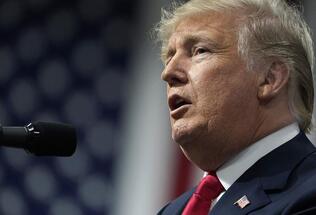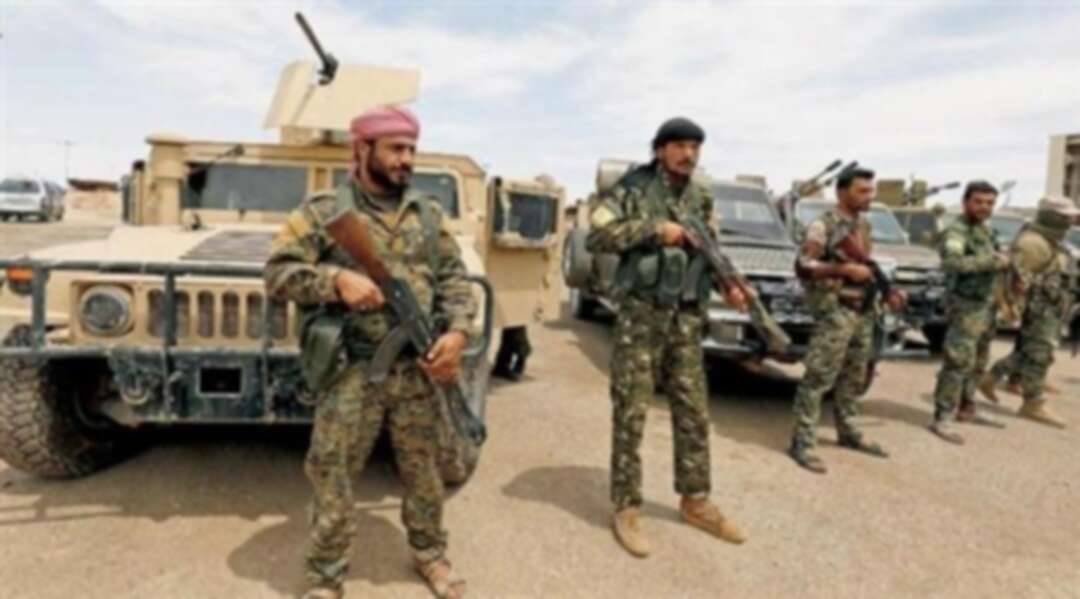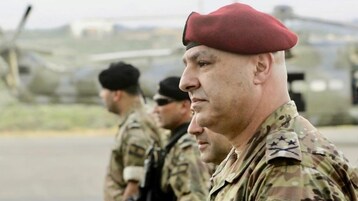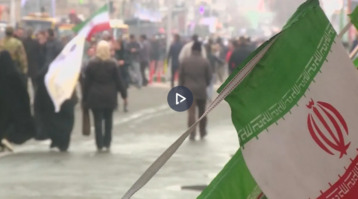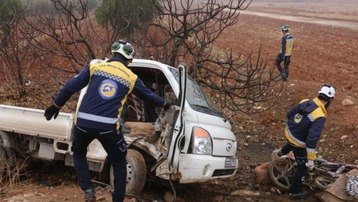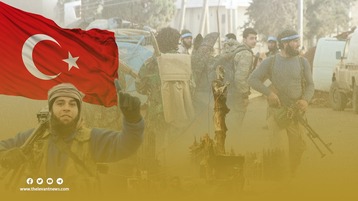-
Lions, tigers and bears rescued from Kyiv animal shelter amid Russian invasion
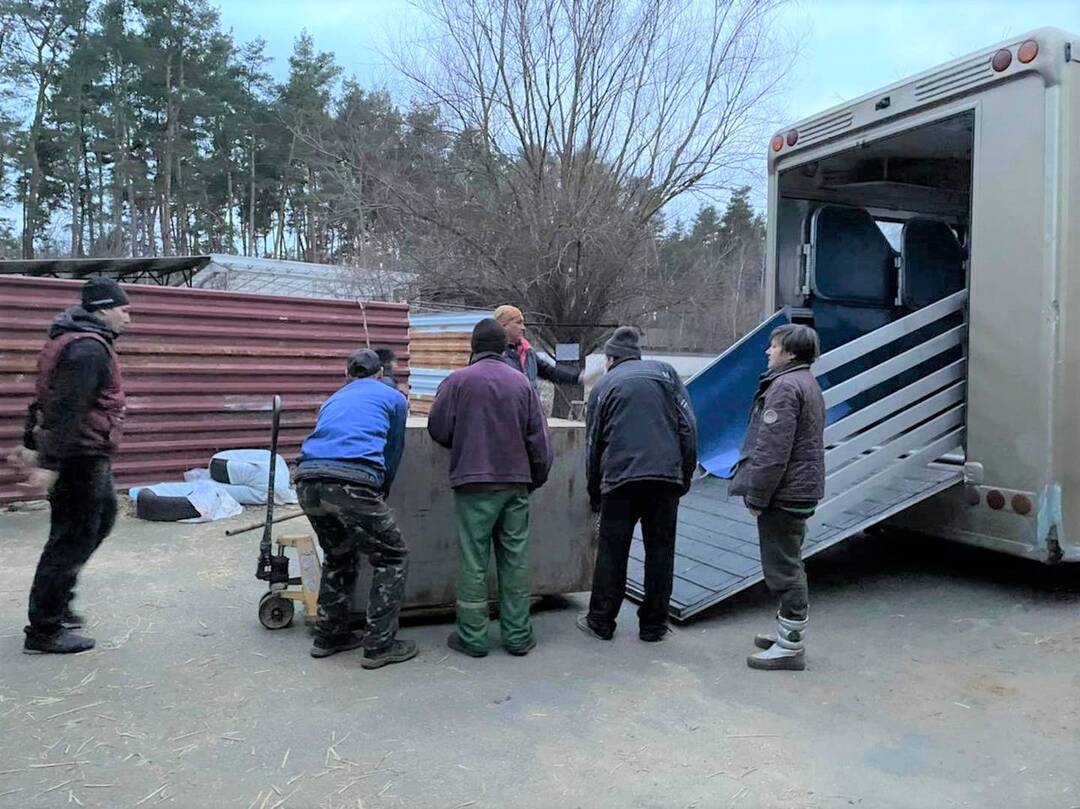
The National News reported that on the outskirts of Kyiv, a group of conservationists and zoologists are in a race against time to move tigers, lions and other animals from rescue shelters.
Since late on Monday night and throughout Tuesday, Dr Maryna Shkvyria and her colleagues at the White Rock Bear Shelter have been running rescue operation.
Dr Shkvyria said: “We transferred — they are still on the road — four lions, four tigers, an African wild dog, two caracals and a monkey.”
She said: “There are several big cats and other species left.” They include seven huge bears. “It was a long day and night,” she added.
With Russian forces bombarding dozens of sites in and around Kyiv and across Ukraine, the evacuation effort is fraught with danger on the seven-to-eight-hour drive to the Polish border.
The Ukrainian capital has been under attack from Russian forces by land and air since last week as part of Russia's incursion.
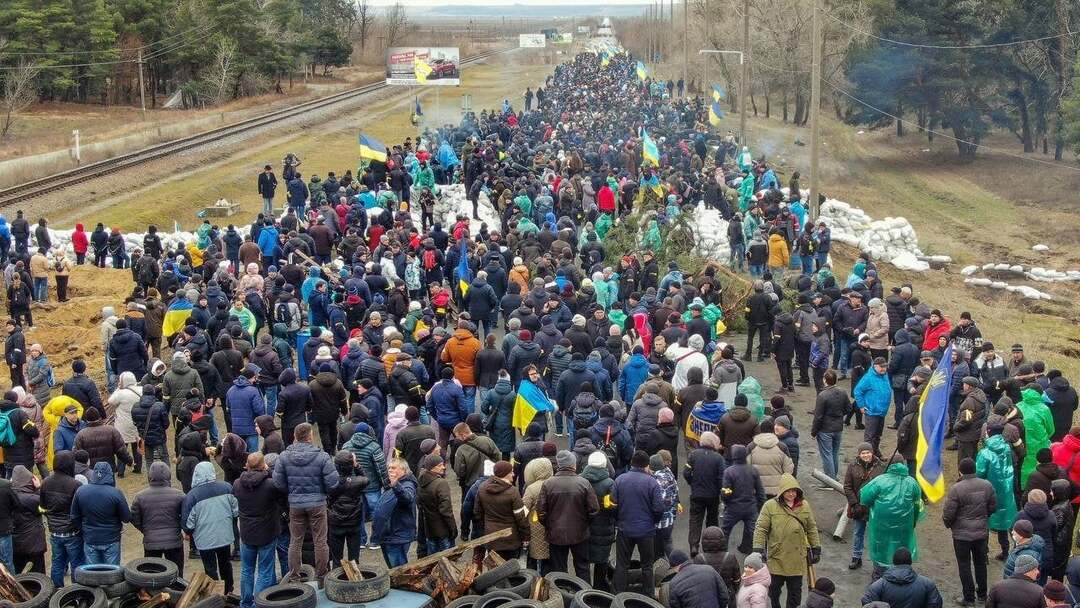
Dr Shkvyria, chief zoologist at the Kyiv Zoological Park of National Importance, the city’s main zoo, has been sheltering at a bear sanctuary seven kilometres from the city’s Boryspil International Airport.
She and her husband moved there with their dogs and cats to care for the animals shortly before the Russian assault started.
Dr Shkvyria said: “The animals are nervous and sometimes there are anti-aircraft systems going off."
UNHCR: One million Ukrainian refugees fled their country since beginning of Russian invasion
Last Friday, on the second day of the incursion, she said it was too dangerous to turn on any lights because she heard shouting and gunfire in the area.
Dr Shkvyria told The National: “We don’t have a final decision about evacuating [the bears] but we are working on this plan in case the roads are safe.”
The bears had been rescued by the shelter from several desperate situations.
One, called Synochok, was forced to spend eight years performing in a circus. Others have been rescued from menageries and private zoos across Ukraine.
Why Iranian officials implicitly supported Putin in the Ukraine conflict?
Most of the animals at the sanctuary, which is about two hectares in size, are brown bears but one, named Malvina, is of the smaller Himalayan species.
While attempts to save human lives and repel Russian attacks have taken centre stage in the crisis, broader efforts are under way to care for vulnerable animals across Ukraine.
In a region of western Ukraine that has so far largely escaped the violence, a Vienna-based organisation called Four Paws International runs a shelter for 29 bears.
Russia faces war crimes investigation over bombing civilians in Ukraine
The organisation has been working to keep abreast of security problems that other large-animal facilities may be facing. Michael Kellner of Four Paws International said: “We are closely monitoring the situation of zoos and other facilities that keep and care for wild animals."
“We are in close contact with our partners who also run wild animal sanctuaries in the country to evaluate their needs and what support we might be able to provide them with.
“We are also reaching out to our partner organisations in the countries bordering with Ukraine, where Ukrainian refugees are fleeing with their dogs, cats and other pet animals, to assess their needs and ways to support them.”
While much of the fighting and rocket attacks by Russian forces have so far been concentrated on the western and northern parts of Kyiv, reports suggest the invading forces now may be setting up for a siege of the capital, which is home to about three million people.
UK seeks to form coalition aimed at isolating Russia from world sports events
And with human life taking priority as the battles continue, animals such as those being cared for by Dr Shkvyria, who has also been researching wolf packs in the Chernobyl exclusion zone north of Kyiv, and her colleagues are also at significant risk.
She said: “We need to feed them and provide safety."
Dr Shkvyria also fears for the safety of family members elsewhere in Kyiv, and in Odesa to the south and Irpin, a city west of the capital.
She said that Russian forces “try to attack from different sides. In all of these cities there are active military activities.”
Russian helicopter violates Japan’s airspace
But for the moment at least, Dr Shkvyria is upbeat. “We believe in our people. Everything will be fine,” she said. “At least, that’s what I want to believe.”
Source: thenationalnews
You May Also Like
Popular Posts
Caricature
Syrians' concerns now
- December 10, 2024
Syrians' concerns now #Syria
#Bashar_al-Assad
#Liberation_of_Syria
#Syrians
#Future_of_Syria
#Levant_News

opinion
Report
ads
Newsletter
Subscribe to our mailing list to get the new updates!

